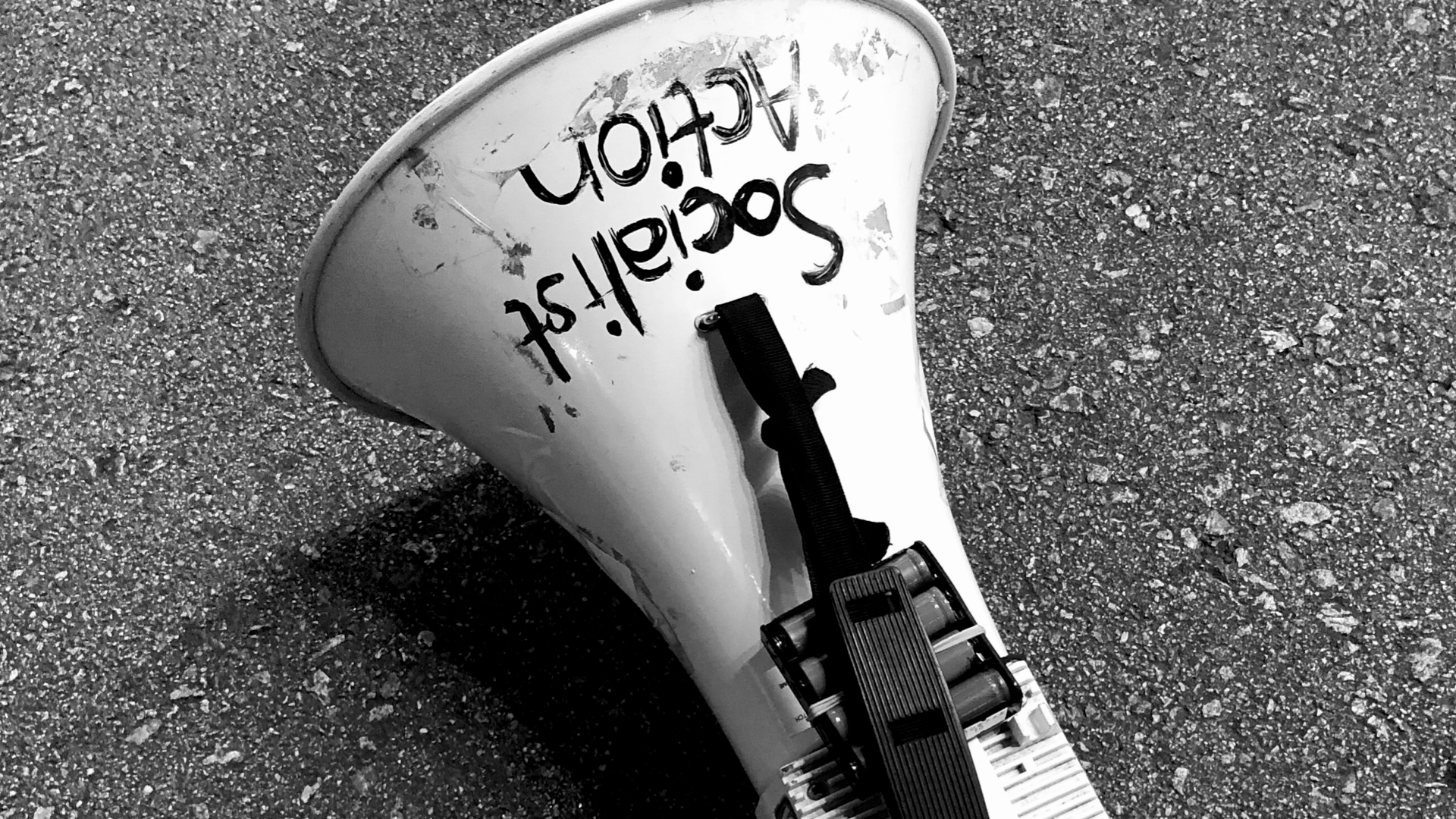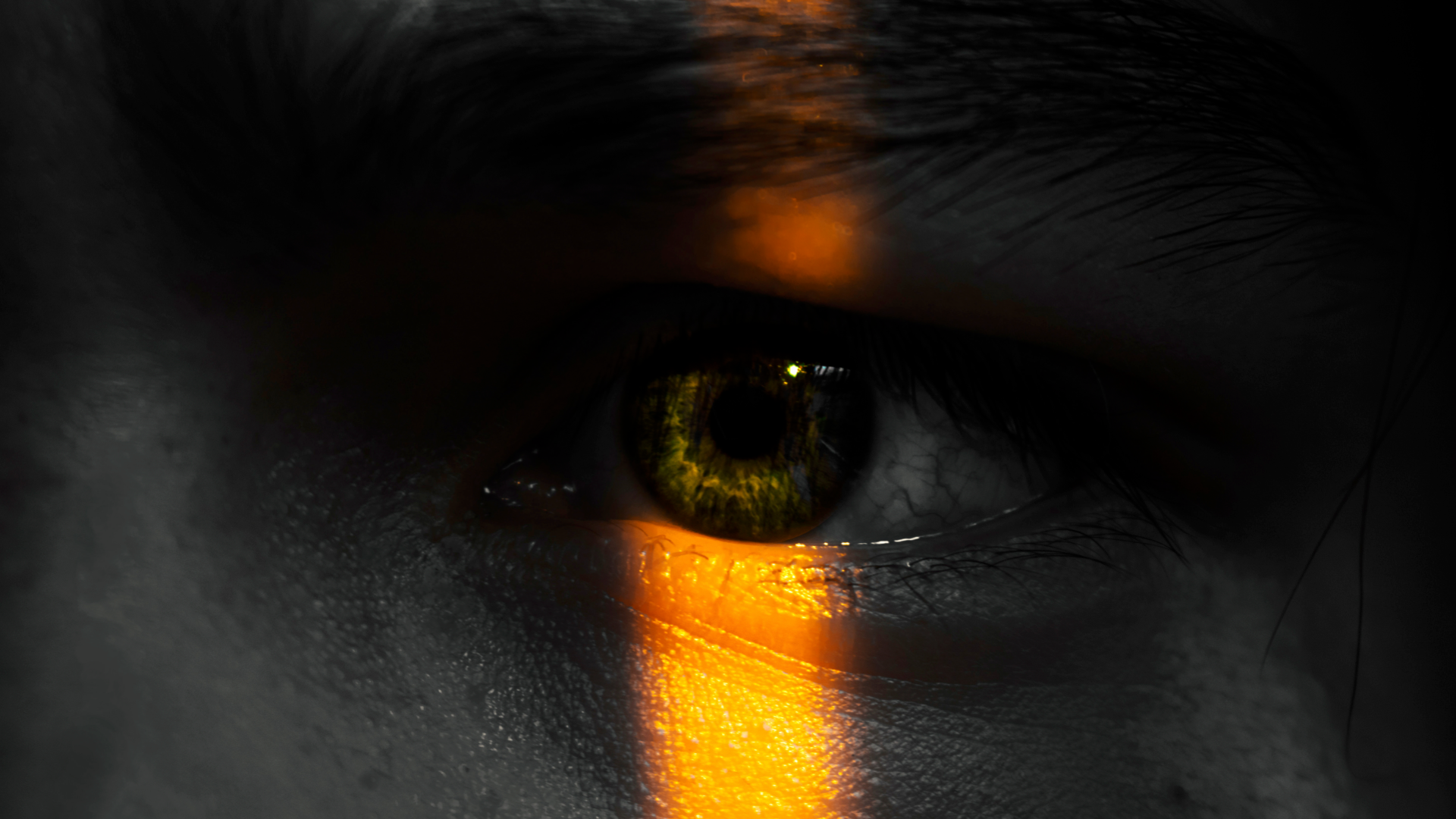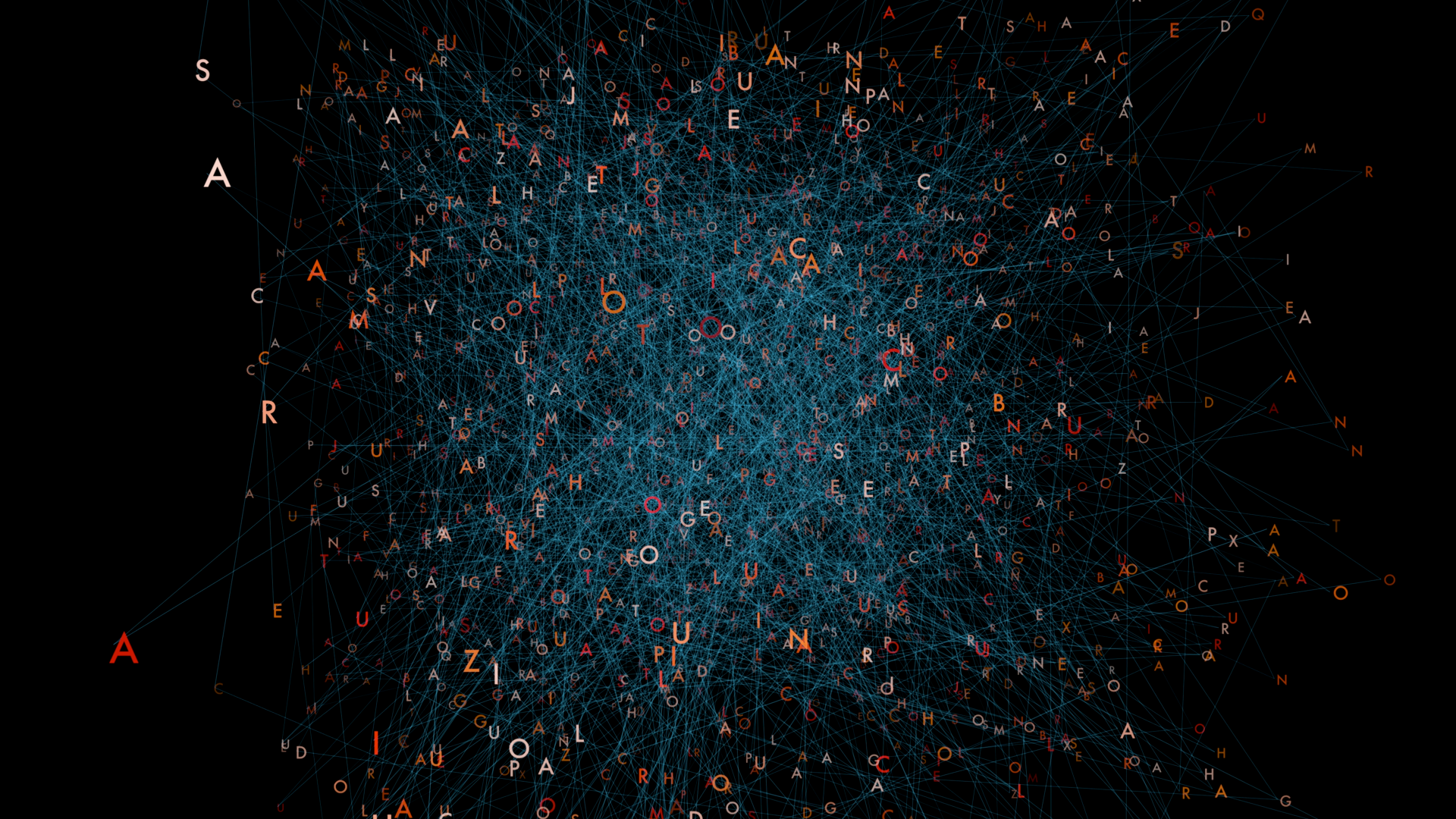“Liberals are leaving the First Amendment behind.” That’s what former American Civil Liberties Union lawyer David Goldberger, a Jew who once defended the free-speech rights of Nazis, recently told The New York Times. Goldberger was talking specifically about the ACLU, which is currently divided over how to uphold its historic commitments to free speech in the United States along with new progressive priorities, but the idea that American liberalism is increasingly skeptical of open and unfettered discussion is now heard on the right, in the center, and even among some liberals. As the Times opinion columnist Michelle Goldberg has noted, “it’s pretty clear there’s a generational split over free speech, both in the ACLU and in liberalism writ large.” What explains this phenomenon?
Nadine Strossen, who was the president of the ACLU between 1991 and 2008, says many young progressives today believe free speech undermines social justice, associating it with the spread of hateful right-wing ideas and even white supremacy. These are hardly new ideas—they remind Strossen of a push for hate-speech codes on U.S. college campuses in the late 1980s and early 1990s—but she thinks that many of today’s left-leaning young Americans are in effect negatively influenced by not having “lived through an era when the social-justice causes dear to them were directly subject to censorship.” Strossen argues that free speech is threatened equally from both sides of the political spectrum in 2021, but the right may be better at weaponizing the issue, giving the impression that it’s predominantly if not exclusively a left-wing problem.
Graham Vyse: What’s going on with left-wing attitudes toward free speech in America?
Nadine Strossen: In my experience, free speech has always been subject to results-oriented appreciation or disapproval by most people. If they think a message or messenger is worthy, then more power to free speech. If they hate the message or messenger—or think the message is hateful—then it should be silenced. Exhibit A is the Skokie, Illinois, case in 1978, when the ACLU represented the free-speech rights of Nazis and lost 15 percent of its members as a result. Throughout my lifetime of fighting free-speech battles, I’ve fought at least as many against the left as against the right—and that’s not a recent phenomenon.
Vyse: The recent phenomenon of free-speech controversies began on college campuses roughly half-a-dozen years ago. What did you make of that?
Strossen: I was prompted to write my 2018 book Hate because of a new upsurge of skepticism toward free speech at best and hostility toward free speech at worst.
Vyse: This was among liberals and those on the left?
Strossen: It was among liberals and those on the left, centered on campus but spreading out from there. The precipitating factor was an upsurge in racial-justice activism on campus, which was a wonderful development. What depressed me was how student activists too often assumed free speech would undermine racial justice rather than promote it. Somehow free speech became associated with high-profile right wing advocates—and, worse, white supremacists—rather than being viewed as enabling racial-justice activists to raise their voices, too.

Vyse: In fact, there’s often a sense among progressives that free speech and social justice are at odds. Does restricting free speech in the name of social justice end up promoting social justice?
Strossen: Absolutely not. When speech directly causes or threatens certain specific, imminent, serious harms, it can and should be punished. The only question is whether we should give government even more power to suppress speech—even when that speech has only an indirect, speculative connection to potential harm. The answer has to be no, because, predictably, that kind of more discretionary, open-ended power has always been used disproportionately to silence whoever lacks power in a particular community. By definition, if you are a member of a racial or ethnic minority—if you are protesting against status-quo policies, dissenting from or criticizing governmental officials—you are going to lack political power and your speech is going to be most vulnerable to censorship.
I’ve canvassed the vast array of evidence accumulated under the laws of other countries that do allow suppression of racist speech and other forms of so-called hate speech on a much looser theory, including that the speech could potentially lead to discrimination or violence.
Throughout the 20th century, advocates for racial justice and other social-justice causes in the United States opposed censorship, including censorship of racist speech, in no small part because they knew their speech would be the first to be censored.
What I found really striking was the loud chorus of human-rights activists in those countries and international organizations, including the United Nations, saying that no matter how well intended these censorship laws were— intended to benefit minority groups and promote social justice—they’re doing more harm than good, because they’re disproportionately silencing the very voices who were hoped to be benefited. Throughout the 20th century, advocates for racial justice and other social-justice causes in the United States opposed censorship, including censorship of racist speech, in no small part because they knew their speech would be the first to be censored.
Vyse: Is there a generational divide over these issues among liberals and leftists today?
Strossen: A recent survey from the Danish think tank Justitia asked about “support for different types of free speech among different groups of Americans,” including speech that’s “offensive to minority groups.” Among those at least 35 years old, 69 percent supported freedom of speech offensive to minority groups. Among those 18-34, it was only 59 percent. On the other hand, 59 percent is a majority—and not a slim majority. The lowest support for freedom of speech offensive to minority groups was 53 percent among Biden voters, as opposed to 88 percent among Trump voters. Biden voters heavily supported the other kinds of free speech surveyed—criticism of government policies, offensive speech about their religion and beliefs, support for gay relationships, and insulting the national flag.

Vyse: Over the past decade, social-justice activists injected a new analysis of power and privilege into the public debate. What effect did that have on attitudes toward free speech in left-of-center America?
Strossen: People are much more self-conscious about the unequal distribution of resources that facilitate free speech. That’s positive. I’ve always been a strong advocate of equality, but I’m much more conscious that robust exercise of free speech requires not just keeping the government’s hands off our microphones but also doing a better job of educating and providing resources to those whose voices have traditionally been excluded or marginalized. That’s a critique from the left that I accept, and for me it doesn’t weigh at all against supporting free speech. We just have to have a robust concept of free speech as available as equally as possible. That’s always been the ACLU’s agenda.
Vyse: Yet The New York Times reported, “Some ACLU lawyers and staff members argue that the First Amendment, which guarantees freedom of speech and the press—as well as freedom of religion, assembly and petitioning the government—is more often a tool of the powerful than the oppressed.”
Strossen: I totally disagree with that. It’s not statistically demonstrable. How could we have had the Black Lives Matter movement, the Me Too movement, and so many left-of-center causes if they didn’t have freedom of speech?
If you look at Supreme Court cases, people who dislike free speech tend to focus on Citizens United and cases involving certain powerful corporations and commercial interests, but throughout history the vast majority of plaintiffs in free-speech cases have been civil-rights demonstrators, socialists, communists, anti-war protesters, and advocates for law reform.
If you look at Supreme Court cases, people who dislike free speech tend to focus on Citizens United and cases involving certain powerful corporations and commercial interests, but throughout history the vast majority of plaintiffs in free-speech cases have been civil-rights demonstrators, socialists, communists, anti-war protesters, and advocates for law reform.
Vyse: How do you understand what’s going on at the ACLU in terms of its debate over free speech?
Strossen: It’s a continuation of an ongoing debate that has certainly existed since the Skokie era. There’s been more amplified and distributed debate within the organization because of social media. This is completely anecdotal, but I do believe that within the ACLU—as well as within other institutions that traditionally have been committed to free speech—there does seem to be an age divide. My hypothesis is that young people didn’t live through an era where the social-justice causes dear to them were directly subject to censorship. They’ve lived through an era when they’ve seen the First Amendment successfully invoked to protect the free-speech rights of powerful corporations, white supremacists, and others they believe are undermining their social-justice commitments.
Vyse: In a recent piece called “The Left Needs the ACLU to Keep Defending Awful Speech,” the New York Times opinion columnist Michelle Goldberg wrote about feeling “awe” as a child when she learned about the organization’s defense of Nazis in Skokie. “The odiousness of those [the ACLU] defended proved the purity of its devotion to the First Amendment,” she wrote. “I’ve revered the organization ever since.”

This gets at something that’s often missing from today’s public conversation—the idea that defending free speech isn’t simply some dreary responsibility to be accepted grudgingly but an inspiring, principled stand. Many would argue it’s part of what truly makes America great—and part of what used to make liberals proud to be liberal—but free-speech principles don’t seem to beat in liberal hearts today as much as social-justice issues do.
Strossen: That’s right. I’m a classical liberal who still does thrill to those principles, but I’m also a bleeding-heart liberal of the policy type. Many in the latter category care much more about liberal public policy than classical-liberal principles. In fairness, as we’ve discussed, I think people see the racial-justice movement as so critically urgent that it becomes dominant and everything else has to be subservient.
Vyse: Many in the U.S., especially Democrats, are concerned about political misinformation and disinformation online, which they see as a threat to democracy. It’s a global issue, too, since authoritarian politicians around the world are using social-media propaganda to great effect. How do the challenges of misinformation and disinformation affect conversation about free speech?
Strossen: The issue is never whether this speech can do harm. Obviously misinformation and disinformation can do enormous harm, including to our democracy. The same is true for hateful speech and extremist content, which is what liberals in particular want to silence on social media.
The discretion inherent in concepts like “misinformation” and “disinformation” is another problem. It’s completely subjective. One person’s “fake news” is another person’s cherished truth. When you look at how laws against disinformation have been enforced in countries that have them, predictably, what’s been targeted is speech critical of government.
But it’s not enough to say the speech is harmful to justify censorship. You’d also have to show that giving the government additional power would materially reduce either the existence of problematic speech or its problematic impact. You’d have to ask whether there were any unintended adverse consequences of censoring this speech. Finally, you’d have to ask whether there were any non-censorial steps to take to deal with the problem.
The discretion inherent in concepts like “misinformation” and “disinformation” is another problem. It’s completely subjective. One person’s “fake news” is another person’s cherished truth. When you look at how laws against disinformation have been enforced in countries that have them, predictably, what’s been targeted is speech critical of government. I have no doubt that would happen in this country, too. The way to effectively arm people against misinformation and disinformation is through massive media literacy and public education.
Vyse: Defenders of social-media platforms’ right to censor speech or ban people note that these are private companies, but critics argue that Twitter and Facebook are part of the public square—that if you’re unable to speak on those platforms you can’t meaningfully reach people. How do you think about these issues?

Strossen: I’ve made exactly those points. Facebook is the most powerful censor the world has ever seen. For all practical purposes, if you don’t have free speech there, you don’t have it anywhere. Even Trump, who was suspended from Facebook for a couple of years, is having a hard time finding his voice elsewhere. That not only deprives Trump of the right to convey information and ideas but also us to receive information and ideas. That’s very problematic.
I thought the ACLU’s statement on this was excellent. [“We understand the desire to permanently suspend him,” senior legislative counsel Kate Ruane said in a statement after Twitter did just that in January, “but it should concern everyone when companies like Facebook and Twitter wield the unchecked power to remove people from platforms that have become indispensable for the speech of billions—especially when political realities make those decisions easier. President Trump can turn [to] his press team or Fox News to communicate with the public, but others—like many Black, Brown, and LGTBQ activists who have been censored by social media companies—will not have that luxury. It is our hope that these companies will apply their rules transparently to everyone.”]
I would strongly oppose heavy-handed government censorship of how social-media platforms moderate or curate content. At the same time, we’re not going to have meaningful free speech for everybody else unless there are checks on how they’re exercising this now-unconstrained power.
Facebook is the most powerful censor the world has ever seen. For all practical purposes, if you don’t have free speech there, you don’t have it anywhere.
Vyse: What do see you happening on the American right with free speech?
Strossen: What I see on the right is what I see on the left, which is inconsistent adherence to free speech depending on whose ox is gored in a particular situation.
Vyse: For example, doesn’t the current Republican effort to pass state laws banning “critical race theory” raise free-speech concerns?
Strossen: Absolutely. These laws are imposing orthodoxy as to what can be taught, which interferes not only with freedom of speech but with academic freedom.
Vyse: Is free speech threatened equally on both sides of the political spectrum in the U.S.?
Strossen: Free speech is threatened equally on both sides of the political spectrum, but there are different weights of opposition to free speech depending on the topic. For example, if you talk about unpatriotic speech such as burning the American flag, not saluting the American flag, or taking a knee in protest during the national anthem, more conservatives think that kind of speech should be punished.
Vyse: But it seems there’s more attention on liberal and left-wing threats to free speech at the moment, doesn’t it?
Strossen: I think so. I’d offer two possible explanations: Firstly, the right-leaning media has done a better job of focusing on free-speech problems created by liberals than liberals have done consistently pointing out failures on the right to respect free speech. Secondly, [free-speech problems on the left] seem more surprising and counterintuitive. We tend to associate conservatives with not being so supportive of free speech.

